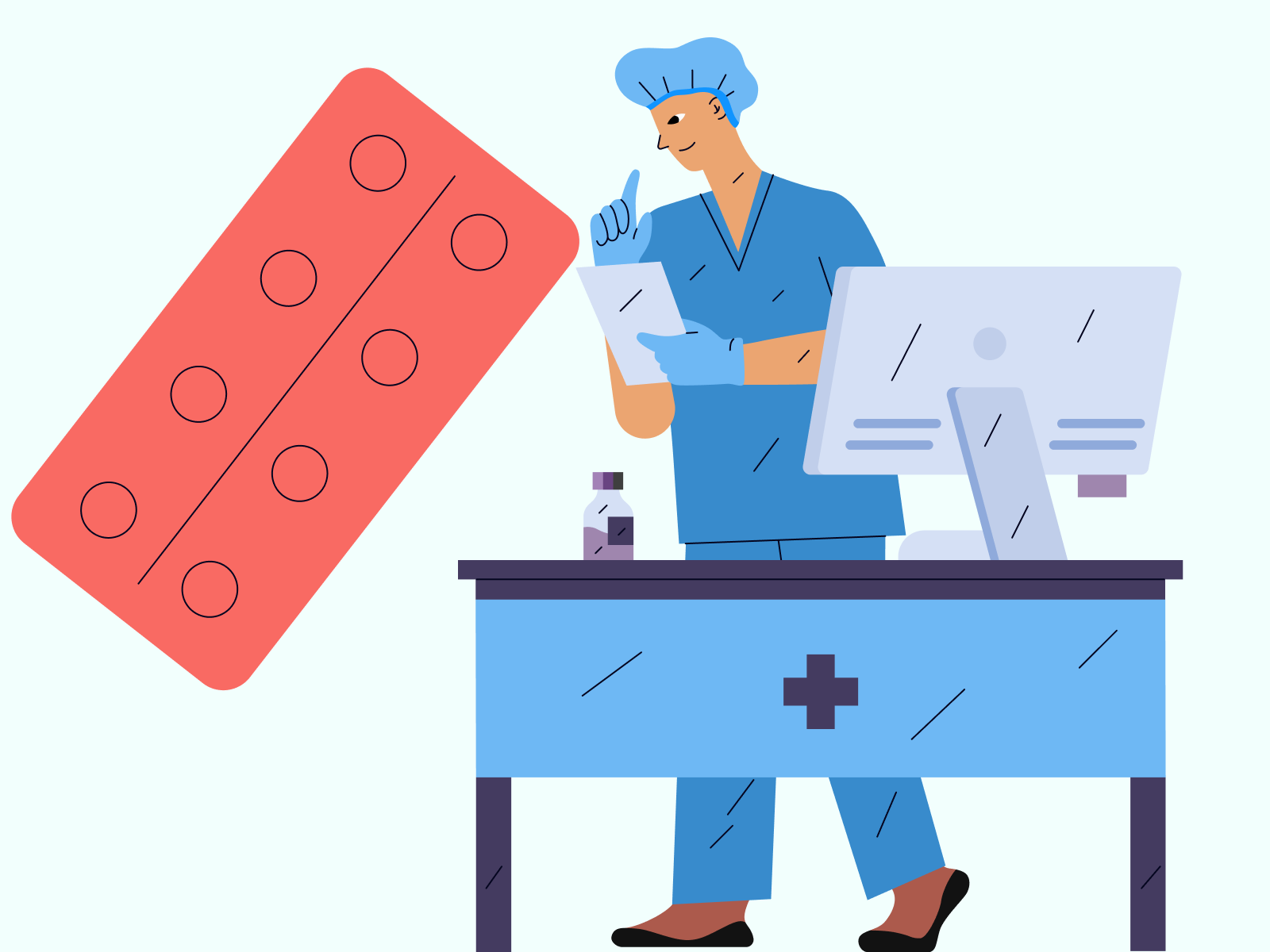Category: Bulimia
Assurant Coverage for Bulimia Treatment
If you or a loved one are struggling with bulimia nervosa (BN) or other eating disorders, it’s important to seek out help. Unfortunately, treatment for these conditions is often expensive, so most people must consider insurance coverage when determining their next best steps.
Blue Cross Blue Shield Bulimia Coverage
If you’re struggling with Bulimia Nervosa (BN) anorexia nervosa (AN), binge eating disorder (BED), or another eating disorder, it’s likely an unfortunate reality that you’ll have to deal with your health insurance company in order to afford treatment, with some plans offering better coverage than others.
The Relationship Between Bulimia and Trauma
For nearly as long as they’ve been identified, eating disorders were thought to be primarily social diseases, with sufferers developing unhealthy thoughts and behaviors under the pressures to look or present a certain way in society.
Bulimia & Co-Occurring Depression
Eating disorders, such as bulimia nervosa (BN), are complex mental health conditions, which are developed and driven by a number of factors. But some influences are more closely associated with these disordered thoughts and behaviors than others.
What is Bulimia Nutrition Therapy?
Eating disorders such as bulimia nervosa (BN), anorexia nervosa (AN), and binge eating disorder (BED) are complex conditions with physical, emotional, and mental origins and consequences.
As such, eating disorder treatment is often multi-faceted in order to address these varying causes and contributions.
Bulimia Online Support and Virtual Treatment
The COVID-19 crisis spurred a dramatic rise in online therapy, but even before the pandemic took hold, virtual mental health treatment was becoming increasingly popular.
Bulimia Recovery Stages
If you or a loved one are struggling with bulimia nervosa (BN), it may seem like recovery is out of reach. But it is entirely possible to overcome the unhelpful thoughts and behaviors that drive this condition.
Insurance Coverage for Bulimia Nervosa
Eating disorders like bulimia nervosa (BN), anorexia nervosa (AN), and binge eating disorder (BED), among others, are complex mental health conditions that can have serious consequences if left untreated.
Cognitive Behavioral Therapy for Bulimia
Cognitive behavioral therapy (CBT) is a common type of therapy used for treating mental disorders of all types, including bulimia nervosa (BN). It has a heavy focus on restructuring how a person thinks, teaching them to redirect, and, eventually, eliminate negative thought patterns in order to engage in healthier behavior.
Bulimia and Cancer: What are the Connections?
Bulimia nervosa (BN) is a serious mental health condition that can contribute to a number of consequences on someone’s physical and emotional well-being. And unfortunately, some studies have shown that one of the physical effects of BN is a higher risk of developing esophageal cancer.
Research into the connection between the two conditions is still ongoing, and some unknowns about the specifics remain. However, what is known is that bulimia nervosa may be an important risk factor for esophageal cancer and numerous other health issues connected to the throat.
Does Bulimia Nervosa Cause Cancer?
Bulimia nervosa may not be a direct cause of cancer, but the additional stress it puts on the body—particularly that caused by self-induced vomiting—could make the body more vulnerable to developing cancerous cells. When found in the lining of the throat, the condition is called squamous cell carcinoma.
Bulimia can make the body more vulnerable to developing cancer.
The repeated presence of stomach acid in the throat can lead to microtrauma in the esophageal mucosa, or essentially tiny tears and other forms of cellular damage. This could eventually lead to issues like gastroesophageal reflux disease, which can further hurt the throat, and chronic physical damage. Similar types of damage have been previously associated with esophageal cancer.
Eating Disorders and Cancer
For people struggling with eating disorders of all types, there are also some factors that may lead to a higher risk of developing cancer.
People with eating disorders tend to be susceptible to substance use disorders, notably those related to smoking and alcohol. These are both noted contributors to cancerous cellular growth. [1]
Eating disorders also tend to lead to chronic nutritional deficiencies, and this has similarly been linked to the development of unhealthy cells or difficulty overcoming illnesses.
Shared Risk Factors for Eating Disorders and Cancer
One study found a connection between disordered eating behavior and cancer that was strikingly high, with people who were previously hospitalized with an eating disorder having a six-fold increased risk of developing esophageal cancer. [1] However, researchers involved in the study noted some significant limitations of the findings, including a large number of overlapping risk factors between people with eating disorders and people who develop this form of cancer.
Those hospitalized with an eating disorder are 6x more likely to develop esophageal cancer. [1]
Indeed, the study posited that it was these shared risk factors that ultimately posed the greatest risk for people with BN going on to develop esophageal cancer, as opposed to the damage caused to esophageal tissue.
Are People in Recovery at Risk?
It’s difficult to estimate how long someone who has experienced bulimia nervosa or other eating disorders remains at an increased risk for developing esophageal cancer. The outcome depends on incalculable factors, from someone’s genetics and personal health history to the severity of their condition and other risk factors they may experience.
A Case Study
One case study found a woman developed esophageal cancer at 27 years old, nearly 10 years after her struggle with bulimia nervosa. [2] Again, however, lines get blurred when more details are considered. The patient, in this case, had also been a smoker for nearly 7 years and quit only shortly before her cancer diagnosis.
It may be so that chronic bulimia or chronic eating disorders—the terms used to describe more severe cases that last a year or longer—lead to a higher risk of developing cancer later on due to the increased time for microtrauma and severe malnutrition to develop.
Still, lacking further research, it’s unwise and inadvisable to make too many assumptions about why or how BN and other eating disorders can present a greater cancer risk.
Other Health Risks Associated With Bulimia
Unfortunately, esophageal cancer isn’t the only major health risk presented by BN. The condition has been linked to a number of symptoms and potential health consequences, including: [3]
Heart failure
Organ damage
Extreme mood swings
Dry skin
Yellowing skin
Dry and brittle nails
Dental problems
Sleep difficulties
Dizziness
Stomach cramps
Difficulty concentrating
Thinning hair
Muscle weakness
Poor wound healing
Weakened immune system
As BN primarily impacts the digestive system and causes nutritional imbalances in the body, this can cause a cascade of symptoms, which can lead to numerous health issues.
One of the biggest dangers of bulimia nervosa is the potential for a serious electrolyte balance, which can lead to death without any obvious warning signs. Similarly, BN can cause sudden cardiac arrest, which is often also deadly.
When to Get Help for Bulimia Nervosa
If you or a loved one are struggling with bulimia nervosa, it’s important to seek out help as soon as possible. By its very nature, the condition can make a significant impact on your physical and mental health, as well as your quality of life.
If you’re not sure where to look for help, you can reach out to your physician or a mental health therapist. These trained professionals will be able to offer you advice about the best next steps and point you in the direction of qualified programs. A number of eating disorder hotlines also exist to help people access help and additional resources about these conditions.
Bulimia nervosa is a dangerous and potentially deadly condition, but it doesn’t have to be your destiny. Seeking out treatment can help you get on the path toward a sustained recovery and a happier and healthier future.
Resources
Brewster DH, Nowell SL, & Clark DN. (2015). Risk of Oesophageal Cancer Among Patients Previously Hospitalised with Eating Disorder. Cancer Epidemiology; 39(3):313–320.
Shinohara ET, Swisher-McClure S, Husson M, Sun W, & Metz JM. (2007). Esophageal Cancer in a Young Woman With Bulimia Nervosa: A Case Report. Journal of Medical Case Reports; 1:160.
Bulimia Nervosa. (2018, February 22). National Eating Disorders Association. Retrieved September 13, 2022.

Dangers of Medications When Treating Bulimia
Bulimia nervosa (BN) is a serious mental health condition, marked by periods of binge eating and compensatory purging behaviors, such as self-induced vomiting or excessive exercise.
The Dangers of Bulimia Nervosa and Alcohol Abuse
Many people with one mental health condition will be diagnosed with a comorbid, or co-occurring, disorder. One of the more common comorbid diagnoses is bulimia nervosa (BN) and substance use disorder (SUD).
Is Bulimia an Addiction?
Bulimia nervosa (BN) is a mental health condition that manifests as disordered eating behavior. But it can also share many of the same characteristics of drug addiction.
Recent research has found similar connections in the brain that are activated when someone engages in a binging episode and when someone uses recreational drugs.
The Effects of Bulimia on the Throat
Due to the physical impact of purging, bulimia nervosa (BN) has the potential to cause significant damage to the throat.
These complications can make it hard to talk and painful to swallow. And the repeated behavior can even increase the risk of esophageal cancer, a dangerous and potentially deadly condition.
What Bulimia Does to the Mouth
Bulimia can cause significant damage to a person’s oral health, especially their teeth, mostly as a result of purging.
And while it’s possible to stop or reverse some of these effects, the longer someone struggles with disordered eating behavior, the more at risk they become for imparting permanent damage.
5 Bulimia Facts That May Surprise You
Understanding bulimia facts can help you spot the condition in people who need help. And armed with information, you can help them to get the treatment they need.
Am I Bulimic? Questions to Ask Yourself
Run a search for “bulimia test,” and you’ll get more than 8 million Google results. Should you take one? And what should you do with your score?
Bulimia & the Teeth: Effects & Signs of Damage
Bulimia doesn’t technically harm your teeth. But one habit common in people with bulimia can cause extensive dental damage you’ll need a professional to address
How to Treat Bulimia: A Guide for Mental Health Professionals
Bulimia is a severe mental health disorder, but it responds to treatment. The sooner you spot the signs and enroll a patient in care, the more likely it is that the person will make a full recovery.
How to Help a Child or Teenager With Bulimia
Knowing how to help someone with bulimia isn’t easy for anyone. It’s especially difficult for parents.
Bulimia can touch teenagers; some start eating in unusual patterns long before they qualify for a formal bulimia diagnosis. Spotting the early signs can help you intervene and get your child the proper treatment.
The Relationship Between Bulimia, Acne, Rashes, and Skin Issues
Bulimia and acne are closely related. Bingeing and purging can harm your skin in visible and persistent ways, and it’s hard to clear up acne while your eating disorder persists.
Bulimia can cause other unsightly changes to your skin too. And sometimes, those problems are so noticeable that your friends and family ask questions.
Medication for Bulimia: Commonly Prescribed Medicines
Bulimia medication could be part of your recovery plan. Prescription and over-the-counter drugs can ease physical symptoms, reduce urges, and help you feel better.
Researchers say bulimia medications are generally helpful. [1] One medication, fluoxetine, is FDA-approved for bulimia treatment. Your doctor can dip into other options if you don’t respond to this treatment.
Exercise Bulimia and Anorexia Athletica: Symptoms, Causes, Risk Factors & More
The terms exercise bulimia and anorexia athletica are synonyms. They refer to a condition many live with, but few experts have studied it. If you have lost control of your exercise habit, you may need to keep reading.
What Happens to the Body After Recovering From Bulimia?
Before bulimia and after—you can probably split your life into these two parts, and chances are, you’d like the “after” part to begin as quickly as possible. Recovery from bulimia isn’t quick, and most people need months (or years) to complete the process. [1] But your hard work is worthwhile.
Do I Have Bulimia?
You can take a self-assessment, know the DSM-5 diagnostic criteria, and recognize the signs and symptoms of bulimia nervosa (BN), but a professional medical opinion should alway be considered when trying to determine if you do have bulimia or any eating disorder.
Warning Signs of Bulimia in a Loved One
Signs of bulimia can be subtle and easy to explain away. But if you look closely, you could discover that someone you love is struggling. Together, you can seek out services and find a path forward.
What Are the Health Risks of Bulimia?
Bulimia nervosa (BN) is a mental health condition, but the eating disorder impacts all facets of health, including physical, mental, and emotional well-being.
Physically, untreated bulimia can lead to heart disease, digestive distress, kidney disease, and more. The condition also often interplays with other mental health issues like depression and anxiety, and that can lead to emotional health concerns, as well.
How to Help Someone That Is Struggling With Bulimia
People with bulimia nervosa will go to great lengths to hide their illness from others. Few people with this eating disorder will tell their friends and family about their bingeing and purging episodes. But some symptoms are hard to ignore, and you must speak up when you see them.
Bulimia Statistics and Facts
Researchers say the lifetime prevalence of bulimia nervosa is about 1%. But is that number accurate? (1)
Out of every 10 people with an eating disorder, only about one gets treatment. Chances are, there are many other people in the world right now with bulimia who are undiagnosed.
Effective Bulimia Therapy Approaches
Traditional therapies for bulimia nervosa (BN) fall into two categories: pharmacologic (medication) and nonpharmacologic. This section will briefly describe the nonpharmacologic therapy, or psychotherapy options for bulimia nervosa, how they can help, and how to get the best results.

